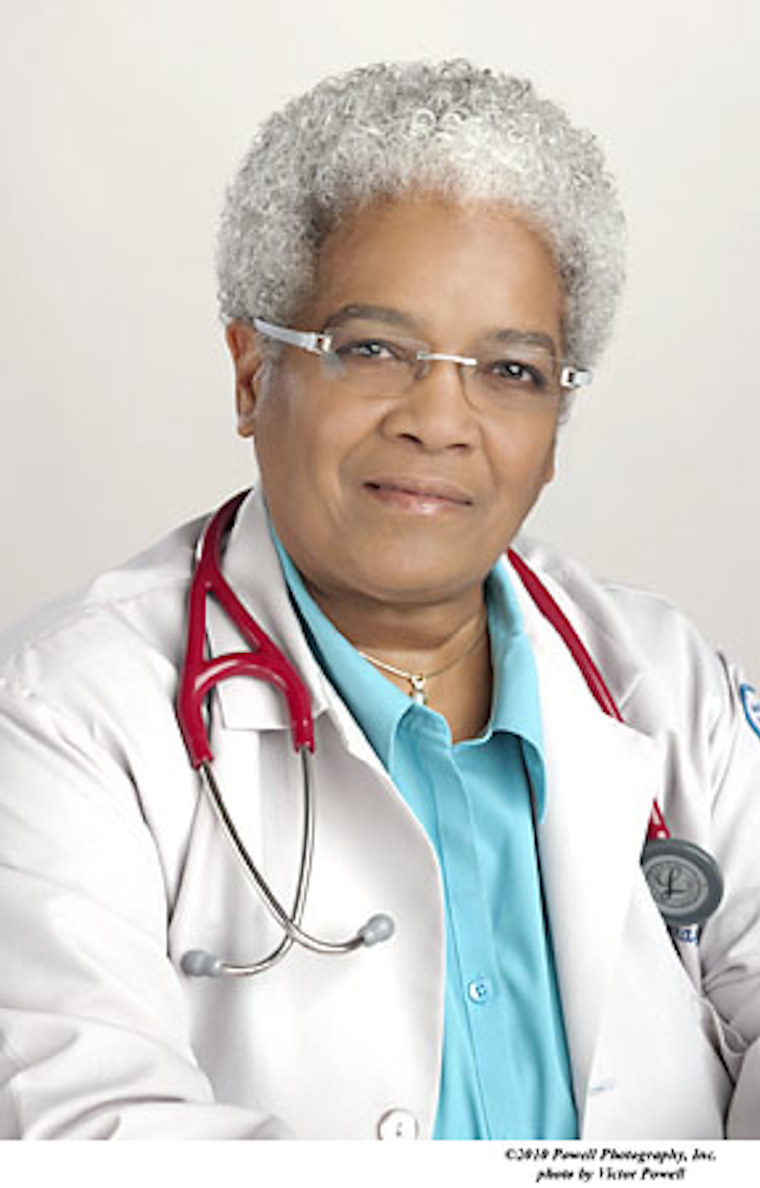This Q and A is part of a new ACGME Equity MattersTM Spotlight series, which will highlight a particular component of the ACGME Equity Matters initiative in order to share details and expand the reach of this important diversity, equity, and inclusion curriculum.
ACGME Equity Matters introduces a framework or continuous learning and process improvement in the areas of diversity, equity, and inclusion (DEI) and anti-racism practices. The initiative aims to drive change within graduate medical education (GME) by increasing physician workforce diversity and building safe and inclusive learning environments, while promoting health equity by addressing racial inequities in health care and overall population health.
The first spotlight in this series is a Q and A with Linda Rae Murray, MD, MPGH, a retired general internist, retired chief medical officer for the Cook County Department of Public Health, adjunct assistant professor for the University of Illinois School of Public Health, and ACGME Equity Matters author presenting The History of Race in Medicine: From Enlightenment to Flexner.
Highlighting how these concepts entered the practice of medicine, Dr. Murray begins the module with a strong assertion for American medicine: “We have a special obligation as American physicians to not only understand how racism is still infecting our field, but also understand the contributions that we made as a profession to creating this unfortunate situation.”
We asked Dr. Murray to share her perspectives on DEI work in GME.
ACGME: What should leadership be doing at this time?
Dr. Murray: Our urban academic environments are not the norm. Leadership should be viewed in distinct phases. We need to ask ourselves, ‘What kind of leadership models do we need to see?’ Our leaders are not always on the academic track. Residents want to find roles they can see themselves in. It is important we provide them with skills to be a leader, such as how managers are trained, leaders in the field have opportunities to have their skills recognized and provide sophisticated training. The training provided to MDs should not be any different.
ACGME: There has been an influx in DEI offices being created in the last few years. How do we ensure it's for change and not just a name?
Dr. Murray: Like a library needs resources, DEI efforts need the same. DEI offices need to address issues showing commitment and substance in the work. Decisions need to be based on measurements that people care about. We should expand from not just who gets accepted into GME programs, but who applies, and who interviews which is important data as well. The value system professed by the program must be in alignment with what is happening within the program.
ACGME: What are the tools needed in GME?
Dr. Murray: Communication with patients is most needed. Residents should also be trained on how to talk to the press and in ways that lay people can understand. This is a basic skill that is needed and often not recognized as a critical skill. There are a lot of talented well-educated physicians but if they cannot connect and communicate with patients then there are difficulties.
Dr. Murray closed out the interview with a few thought-provoking questions we hope you’ll consider as you think about changes you might be able to make or influence in your own roles in medicine:
“What if we changed our assumptions—how we structure salaries, the admittance process, our education and training? What kind of workforce do we need? Can change happen over time?”
Self-directed ACGME Equity Matters content is now available at Learn at ACGME (a free account is required to access content). View Dr. Murray’s module on History of Race in Medicine: From Flexner to Enlightenment and more. The modules are available in two tracks: continuing medical education (CME) learning path; and video library.

